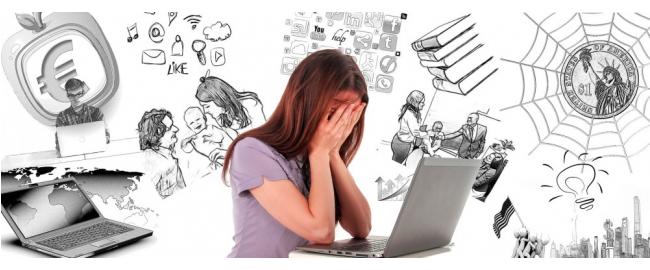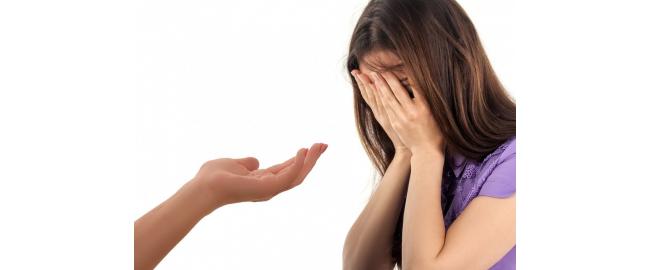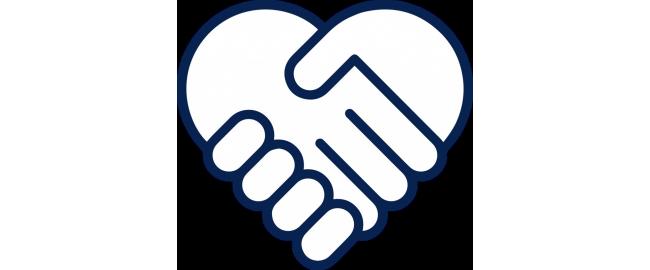Spotting Abusers – Red Lights and Alarm Bells
I write this as a lesson to anyone, regardless of who you are. Domestic abuse effects anyone. It’s totally indiscriminate. Man, woman, non-binary, LGBTQ+ - it doesn’t matter.
So many people hide it, as they still feel there is so much stigma and shame attached to it. You see it in the news and on soaps as a matter of course these days. So, none of us are really strangers to it any more, whether we like to admit it or not.
I’m writing this to teach people a few basic lessons. I want people to know that they can protect themselves. There are things to look out for and there are agencies that can help before you even embark on a relationship with that person.
We all know there are a multitude of different types of abuse:
- Physical, being the most widely spoken about
- Mental
- Psychological and emotional. These are becoming more prevalent and have only been outlawed since 2015!
- Economical, whereby someone takes control of and exploits your finances
- Sexual, need I say more?
First and foremost, although mainly aimed at women, there is something known as Clare’s Law. Otherwise known as the Domestic Violence Disclosure Scheme, it is designed to protect people against being attacked. To prevent domestic violence from even happening in the first place. So, in theory, if your new or potential partner comes up as having previous history under this scheme, it should be a massive red light to go no further in a bid to keep yourself safe. After all, two women are killed EACH WEEK by a partner or former partner. It was piloted in police forces in the North of England and North Wales in 2012 and saved over 100 lives. So, it was rolled out across the country and deemed a huge success.
There are also other things you can do for yourself, certain things you can watch out for:
- Is your partner putting you down repeatedly?
- Are you being humiliated in front of others?
- Are you being told things didn’t happen when you know full well they did?
- Are you being told your partner is “only doing this because they love you”
- Do you find yourself isolated from friends and loved ones?
- Are you being called horrible names?
- The most obvious one that people think of – have you had a hand raised to you?
If the answer to any of these is yes, then it makes for a toxic, and potentially abusive relationship, as a lot of this behaviour is known as gaslighting, causing you to question your own sanity. Any relationship should be mutually beneficial and fulfilling. Physically, emotionally as well as socially. If you spot any of these patterns of behaviour in your relationship, talk to someone ASAP. It could save your life. Although that may seem overly dramatic, only too many women have failed to speak out through fear and they have had to pay the ultimate price.
If you don’t want to talk to a friend or family member, there are other organisations that can help. Domestic violence charities such as the National Centre for Domestic Violence, National Domestic Violence Helpline or your local women’s refuge can all help you in your time of need. Even if you don’t want to go to the police about what you are going through, they are there to lend you an ear and give you any support you may want or need.
So, if your partner says “all my exes were mental” or has something bad to say about all of their previous partners, that is something else which will need to be scrutinised. Why was it such a problem? There is only so much bad luck in love that one person can have. Tread carefully. Try and gather information without your potential new partner thinking you’re being too invasive. All of this sounds like you’re going to be overly cautious. Please keep in mind that you need to protect yourself. One in four women experience domestic abuse at some point in their lifetime which is a massive figure (I don’t have the figures for men or LGBTQ, I’m sorry for that). So, all this blog is, is a little lesson in how to be safe. If it helps one person, then my job here is done.
Useful Websites and Telephone Numbers
National Centre for Domestic Violence Phone: 0800 9702070
National Domestic Violence Helpline (Refuge) Phone: 0808 2000247
Broken Rainbow (for LGBT experiencing domestic abuse) Phone: 08452 604460
Men’s Advice Line (for men experiencing domestic violence) Phone: 0808 801 0327
If you are in immediate danger, call 999 or your local emergency services














Comments